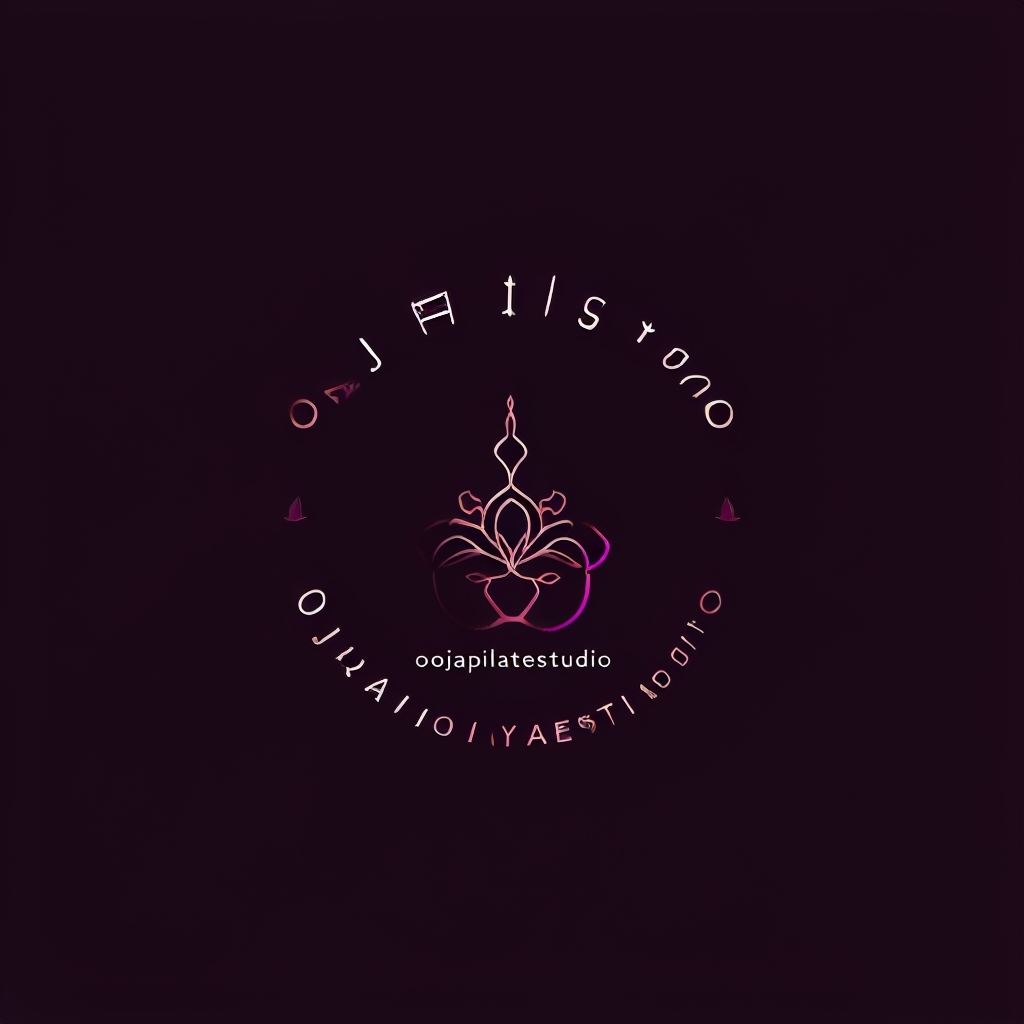Understanding Mental Resilience for Combat Athletes
Mental resilience is an essential component for success in combat sports. These athletes frequently face intense psychological pressures that are unique to their sport. Understanding the intricacies of athlete psychology helps in addressing these challenges.
Combat athletes often grapple with high-pressure situations that can affect performance. Mental resilience is crucial as it enables athletes to recover quickly from setbacks, maintain focus, and persist under stress. In the UK, common psychological obstacles include performance anxiety, fear of injury, and the stress of competition, which can all impact performance negatively.
Topic to read : Advanced Techniques for Managing Shoulder Injuries in UK Judo Athletes: Top Strategies Revealed
Moreover, mental toughness plays a significant role in performance enhancement. Athletes with robust mental resilience can maintain calm, make strategic decisions, and optimize their physical performance despite external pressures. Techniques enhancing mental stamina are indispensable to achieving competitive excellence. Through specific training practices, combat athletes can strengthen their mental resilience, ultimately elevating their success rates in the arena. Emphasizing mental resilience in training not only boosts athletes’ capabilities but also fortifies their overall mental health in the demanding world of combat sports.
Stress Management Techniques
Combat athletes often face substantial stress, making effective stress management crucial for optimizing performance. Understanding and practicing relaxation techniques can significantly enhance an athlete’s focus and calmness during competitions.
Topic to read : Building a Vibrant Culture: Proven Techniques to Boost Engagement at Your UK MMA Gym
Deep Breathing Exercises
Deep breathing serves as a foundational technique for reducing stress. By focusing on the breath, athletes can regulate their physiological responses. To practice, athletes should inhale deeply through the nose, hold for a few seconds, and then exhale slowly through the mouth. This method encourages relaxation, helping diminish anxiety before and during events. Real-life applications in training reveal its potential in stabilizing heart rates and promoting mental clarity.
Visualization Strategies
Visualization is another tactic to improve performance. This mental technique involves creating vivid images of successful performances. Athletes imagine themselves excelling in their sport, under pressure, to bolster confidence and mental readiness. Techniques involve setting a quiet time, closing one’s eyes, and picturing one’s victory in detail. Elite athletes often attribute their competitive edge to consistent visualization practice.
Mindfulness and Meditation
Practicing mindfulness and meditation can foster mental clarity. Busy athletes benefit from short meditation sessions, focusing on the present moment to enhance concentration. Studies indicate mindfulness practices result in better focus, reduced stress, and improved athletic performance.
Mental Rejuvenation Strategies
In the high-pressure world of combat sports, athletes often neglect mental recovery, a critical aspect of sustained performance. Mental rejuvenation is crucial for maintaining focus and achieving excellence in competitions. So, what are some effective recovery techniques? Let’s delve deeper.
Elite athletes incorporate cognitive enhancement practices into their routines. Practices such as guided imagery, cognitive breaks, and structured rest periods help rejuvenate the mind. Guided imagery involves visualizing peaceful scenarios to reset mental energy. Structuring breaks into training schedules prevents burnout by giving the mind intervals of relief.
Recovering mentally isn’t just about rest. Innovative rejuvenation strategies used by top athletes include neurofeedback and brain training games, providing challenges that stimulate cognitive growth. These methods refine mental flexibility, improving decision-making and adaptability in stressful situations.
Emphasizing mental recovery not only is advantageous for performance but also enhances overall well-being, tackling burnout. Incorporating these strategies into training regimens allows athletes to maintain peak cognitive function, fostering improved outcomes in the competitive arena. Mental rejuvenation is as crucial as physical conditioning, making athletes resilient and well-prepared.
Success Stories from UK Combat Sports Athletes
Case Study: A Champion’s Journey
Dive into the inspiring journey of a successful UK combat sports athlete who faced and conquered mental obstacles. This champion exemplifies how effective mental strategies can lead to remarkable achievements in combat sports. By harnessing athlete psychology to tackle stress, this individual demonstrated extraordinary mental resilience. A defining moment was overcoming performance anxiety, a common barrier in the UK. This was achieved through rigorous mental training, including visualization and meditation, which bolstered mental toughness and improved performance under pressure.
Insights from Experts
Exclusive interviews with prominent sports psychologists reveal key strategies employed by top athletes. These experts underscore the importance of cultivating mental resilience and stress management. They highlight how consistent, focused practice of mental techniques can significantly enhance athlete performance. Strategic breathing and mindfulness are consistently emphasized as foundational elements for maintaining composure during high-stress situations. Such insights can be pivotal for athletes aspiring to reach elite levels.
Community Programs and Support Networks
The UK boasts an array of community programs aimed at bolstering the mental health of combat sports athletes. These initiatives provide essential support networks that foster resilience and well-being. Through shared experiences, athletes gain valuable coping mechanisms and stress management techniques that are vital for sustainable performance gains.
